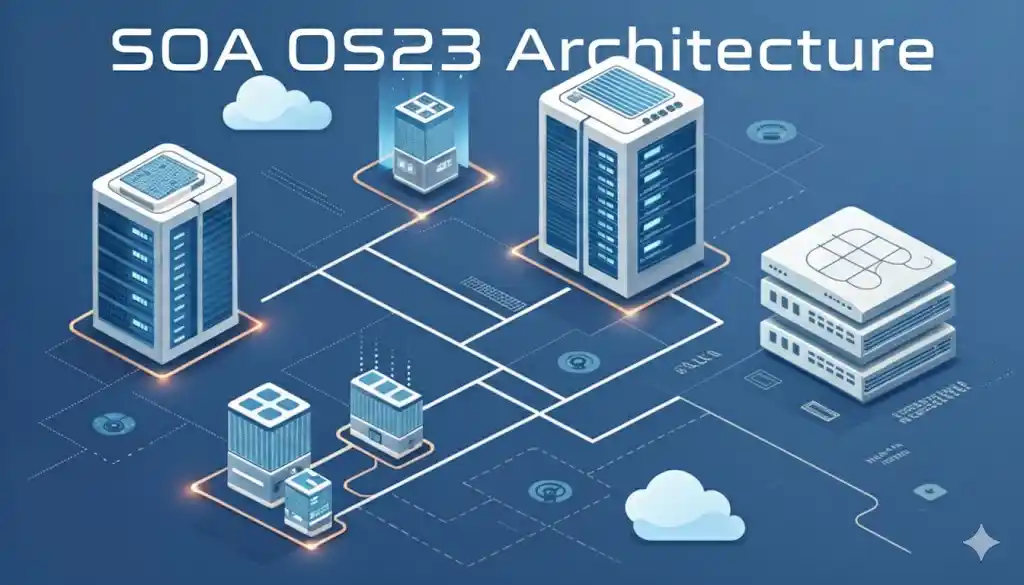What Waste Management Teaches Us About Sustainability?

More than simply getting rid of garbage, waste management is a vital lesson in sustainability. Good garbage management minimises environmental damage, preserves resources, and advances a circular economy in which materials are recycled instead of thrown away. Every step of waste disposal, from composting to recycling, shows how small activities may lead to large ecological advantages. Whether they choose responsible disposal techniques or lower single-use plastics, both businesses and homes contribute to this process. Large-scale waste management is made easier by services such as Skip Hire Scarisbrick, which guarantees that materials are properly sorted and processed. Investigating waste disposal methods reveals important information about how society can lower its environmental footprint and create a greener future.
The Significance of Origin Waste Reduction
The best approach to handling waste is not to generate it in the first place. Sustainable waste management starts with picking products with little packaging, buying in bulk, and steering clear of single-use goods. While households can use reusable containers and bags, companies might use lean manufacturing processes to help reduce industrial waste. Minimising waste production reduces the need for fewer resources for disposal, therefore lowering landfill use and carbon emissions. Encouragement of people to consider before they throw away relies on instruction in conscious consumption. This idea guides us to understand sustainability, that prevention always triumphs over cure.
Recycling Transform Value from Waste Resources
Fundamental to sustainable waste management is recycling-waste value addition, which maximises the new goods made from the utilised waste. The recycling of paper, glass, metals, and plastics uses energy and minimises the consumption of virgin resources. For example, recycling aluminium saves energy by 95% in the production of aluminium using virgin raw materials. However, good sorting would be required for a successful recycling operation, as contamination of the whole lot may make it unfit for recycling. Viable recycling strategies within the community illustrate organised ventures that can indeed make a difference. Recycling shows us that trash is not a dead end but a potential source of new resources.
Composting
Landfills contain a large amount of organic waste, including garden trimmings and food scraps. Breaking down biodegradable waste into nutrient-rich soil, composting provides a sustainable replacement. This technique offers natural fertiliser for gardening and agriculture and helps to lower methane emissions from landfills. For everyone, home composting setups and municipal green trash collections help accessibility. The lesson here is straightforward: nature has effective waste management already; all we need to do is cooperate with it. Composting helps to support better ecosystems by closing the loop on organic garbage.
The Last Resort, not a Solution, is Landfills
One of the least sustainable waste disposal techniques, landfills cause soil pollution, greenhouse gases, and long-term environmental damage. Modern waste management techniques seek to recycle, compost, and use waste-to-energy systems so that as much as possible of the material as possible does not end up in landfills. Landfills show us that burying garbage is not a genuine answer; rather, it only delays the issue. Sustainable societies aim to lower landfill reliance using better waste sorting, higher recycling rates, and the application of circular economy ideas.
The Function of Technology
Technological developments are transforming garbage disposal. Smart bins, waste-tracking software, and AI-powered sorting systems raise recycling accuracy and efficiency. Waste-to-energy facilities generate electricity from non-recyclable garbage, therefore lowering reliance on fossil fuels. These developments demonstrate how technology can transform refuse into a chance instead of a burden. The lesson is that sustainability involves inventing to make waste management smarter and more efficient, rather than only limiting.
Extended Producer Responsibility (EPR) Changes Responsibility
Under EPR rules, manufacturers must accept responsibility for the disposal of every part of their goods’ lifecycle. This motivates businesses to create recyclable products with longer lifespans and helps to reduce wasteful packaging. Strong EPR legislation helps some nations to have greater recycling rates and less environmental damage. This idea reminds us that companies have to be held responsible for the waste they produce; hence, sustainability is a collective responsibility.
Community Involvement Sparks Change
Public involvement is crucial for effective waste disposal. Real progress results from communities embracing recycling initiatives, taking part in clean-up campaigns, and advocating for improved laws. Local projects and educational programs promote a sustainable society. The takeaway is that collective action is strong; individual efforts multiplied produce significant ecological advantages.
Circular Economy: Waste Management’s Future
Reuse, repair, and recycling help a circular economy retain materials in use for as long as feasible. Unlike the established “take-make-dispose” model, it imitates natural cycles where nothing is discarded. Companies using circular ideas create items for recycling and durability. This strategy reveals to us that rethinking our whole consumption paradigm, that is, what sustainability means, is not only about managing trash.
Conclusion
Waste management provides great sustainability lessons by demonstrating how innovation, recycling, and reduction can help to preserve our earth. Although companies help to promote responsible waste disposal, real change calls for systematic changes in production, consumption, and legislation. Applying these ideas will help us to approach a future where resources are appreciated, garbage is reduced, and sustainability is instinctive.










